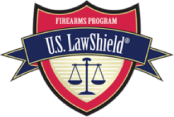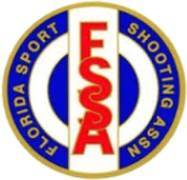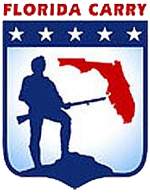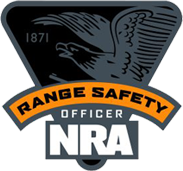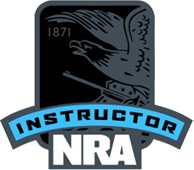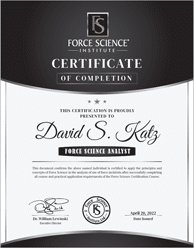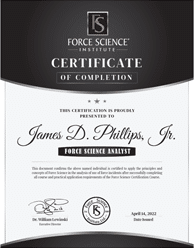Florida Castle Doctrine Lawyer
The Castle Doctrine
Florida Statute §776.013, is commonly referred to as Florida’s Castle Doctrine, although the words “castle doctrine” cannot be found in Florida Statutes. Instead, Florida Statute §776.013 is titled Home protection; use or threatened use of deadly force; presumption of fear of death or great bodily harm. Florida Statute §776.013, allows an individual who is in a dwelling or residence to use force or threaten to use force against an attacker without first retreating, so long as they have the right to be in that dwelling or residence. When applicable, “The Castle Doctrine” in Florida provides two presumptions that benefit the defender, which we will explore below. First, however, it is important to understand where the Castle Doctrine applies
Dwelling
A dwelling is defined as a building or conveyance of any kind that is designed for people to lodge in at night. It even includes the attached porches. The building or conveyance may be temporary, permanent or mobile, but must have a roof on it. A tent is an example of a dwelling that could be temporary, permanent or mobile. It is also specifically mentioned in the definition of a dwelling found in §776.013(5)(a). Conveyance is defined in Florida Statute §810.011(3), as “any motor vehicle, ship, vessel, railroad vehicle or car, trailer, aircraft or sleeping car.” Although the definition of a dwelling in Florida Statute §776.013(5)(a), does not mention the term curtilage, the definition of dwelling found in Florida Statute §810.011(3) does and case law seems to support the notion that the Castle Doctrine does apply to the curtilage even though not mentioned in the definition of dwelling in Florida Statute §776.013. In State v. Vino, 100 So.3d 716 (Fla. 3rd DCA 2012), the court found Mr. Vino was immune from the prosecution under Florida Statute §776.032, of aggravated assault and improper exhibition of a firearm based on his use of force pursuant to Florida Statute §776.013. In that case, two Florida Power and Light Company employees used a ladder to climb over Mr. Vino’s locked fence into the curtilage of Mr. Vino’s property in an attempt to disconnect his power. The court found that the property between the locked fence and Mr. Vino’s residence was protected by the castle doctrine.
Residence
A residence is defined in Florida Statute 776.013(5)(b) as a dwelling in which a person resides either permanently or on a temporary basis.
Castle Doctrine Presumption #1
The first presumption under the Castle Doctrine found in Florida Statute §776.013, applies only when you know or have reason to believe that an unlawful and forcible entry or unlawful and forcible act was occurring or had occurred into a dwelling, residence or occupied vehicle or when a person is attempting to or had removed another individual against their will from a dwelling, residence or occupied vehicle. F.S. §776.013(2)(a)(b)
When this occurs, it is presumed that you were reasonably in imminent fear of death or great bodily harm if you use or threaten to use force or deadly force against a person or people who committed the unlawful, forcible entry or act.
A vehicle is defined as a conveyance of any kind, whether or not motorized, which is designed to transport people or property. F.S. §776.013(3)(c). Florida case law has determined that a bicycle is not a conveyance. Also please keep in mind that in order to get the presumptions arising out of a vehicle, the vehicle must be occupied by someone.
Exceptions to Presumption #1
There are four exceptions in which a person will be denied the first presumption:
-
- If the intruder had the right to be in or is a lawful resident of the dwelling, residence, or vehicle. A lawful resident would not have the right to be in a dwelling, residence or vehicle if there is an injunction for protection from domestic violence or a court order of no contact against them. In general, owners, lessees or title holders have a right to be in and are lawful residents of dwellings, residences, and vehicles.
- The individual being removed or attempting to be removed from the dwelling, residence or occupied vehicle is the child, grandchild, is in lawful custody, or is under the lawful guardianship of the person the force or threaten the use of force was used against.
- The person using or threatening to use defensive force is engaged in criminal activity or is using the dwelling, residence or occupied vehicle to further criminal activity.
- The person using defensive force knew or should have known that the person against whom the defensive force was used or threatened was a law enforcement officer who identified themselves as such while entering or attempting to enter a dwelling, residence or occupied vehicle in furtherance of their duty.
Castle Doctrine Presumption #2
The second presumption given by Florida Statute §776.013, is that a person who unlawfully and by force enters a person’s dwelling, residence or occupied vehicle is doing so with the intent to commit an unlawful act involving force or violence. F.S. §776.013(3)(D).
More results...
Get in touch

"*" indicates required fields
Copyright © 2022-2025 The Firearm Firm All rights reserved.

